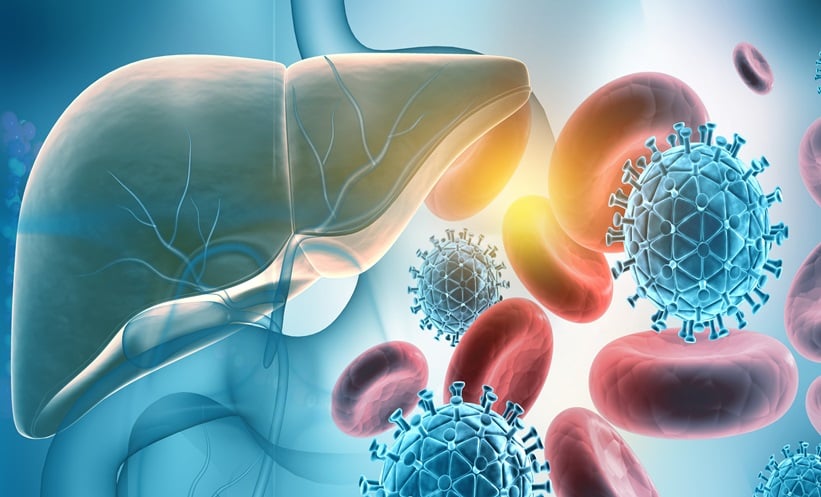NEW research from a large veteran cohort has shown that chronic hepatitis C virus (HCV) infection is associated with a significantly increased risk of pancreatic ductal adenocarcinoma, with certain viral genotypes carrying even higher risk.
The retrospective, population-based study analysed more than 6.3 million veterans with documented HCV testing between 2001 and 2020. Of these, 246,218 had chronic HCV infection and 209,492 had evidence of past exposure.
Over the follow-up period, 33,451 individuals developed pancreatic ductal adenocarcinoma. The age-standardised incidence rate of pancreatic ductal adenocarcinoma was highest among those with chronic HCV, intermediate among those with prior exposure, and lowest in individuals without infection.
Patients with chronic HCV had a 76% higher risk of pancreatic ductal adenocarcinoma compared with individuals without HCV. Those with prior HCV exposure also showed a modest but statistically significant increase in risk, even in the absence of confirmed ongoing viraemia. People with chronic HCV were diagnosed with pancreatic ductal adenocarcinoma at younger ages, with a median age of 65 years compared with 72 years among those without infection.
Genotype Differences in Hepatitis C–Related Cancer Risk
Among individuals with chronic HCV, risk varied by viral genotype. Genotype 3 was associated with the highest pancreatic ductal adenocarcinoma risk, followed by genotype 1. Genotype 2 carried a lower, but still elevated, risk compared with individuals without HCV. These patterns are like those seen in hepatocellular carcinoma, where genotypes 1 and 3 have also been linked to greater oncogenic potential.
Clinical and Public Health Implications
The authors suggested that chronic inflammation, possible pancreatic involvement of HCV, and shared risk factors such as smoking, alcohol use, diabetes, and liver disease may all contribute to increased pancreatic ductal adenocarcinoma risk. Given the high efficacy of direct-acting antiviral therapy, they emphasised that untreated HCV remains a modifiable cancer risk factor, reinforcing the importance of expanding access to HCV screening and antiviral treatment.
Future research will need to determine whether curing HCV with direct-acting antiviral therapy reduces long-term pancreatic ductal adenocarcinoma risk, and whether incorporating HCV status into pancreatic cancer risk models could improve strategies for earlier detection and targeted surveillance.
Reference
Rachel N et al. Pancreatic Ductal Adenocarcinoma After Hepatitis C Infection. JAMA Netw Open. 2025;8(11):e2543701.








